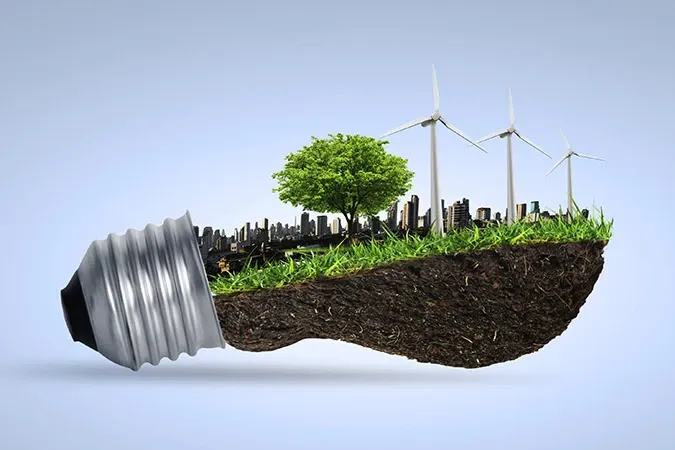Qualcomm Announces Snapdragon 8 Gen 5 Platform
Qualcomm added its latest smartphone platform to its premium-tier Snapdragon range.

A new initiative to identify, fund and scale new ventures, partnerships and business models that harness Fourth Industrial Revolution (4IR) technologies to transform how the world tackles environmental issues, was launched at the World Economic Forum Sustainable Development Impact Summit.
The 4IR for the Earth initiative is a collaboration between the World Economic Forum, Stanford University and PwC, with funding from the Mava Foundation. It will bring together tech entrepreneurs, environmental experts, government and industry. The initiative will identify and scale innovative new ventures, partnerships, finance and policy instruments that harness 4th Industrial Revolution technological advances to tackle environmental challenges. This includes identifying the investment opportunities for commercial, impact and blended finance; supporting governments to develop policies; and assisting entrepreneurs to implement innovative solutions at scale.
“Companies are still in the early stages of grappling with what the 4th industrial revolution’s technological advances means for their business.“ comments Celine Herweijer, partner, sustainability & climate change, PwC UK. “The challenge for investors, entrepreneurs and governments is not just to help unlock technology breakthroughs for urgent challenges like climate change, but to mainstream the environmental and social impact considerations into wider technological advances. This means the positive impacts on people and the planet can be maximised.“
The initiative comes as technology companies come under increasing scrutiny and a realization that some advances could also have unintended negative consequences for the environment and society. These include e-waste, the energy consumption of the vast and rapidly growing network of energy-consuming devices, and unsustainable demand for materials like cobalt, nickel, and lithium, through to the impacts of automation on jobs, data privacy, cyber security, and bio-technology.
"We are really just at the beginning of this technology revolution. That means it’s not too late to do our best to make sure it is a sustainable one. The right enabling environment - including safeguards, investment, partnerships, policies, and oversight - needs to be put in place,“ continues Herweijer. “The Fourth Industrial Revolution provides an opportunity to fix the world’s burgeoning environmental challenges - but they need to be tackled by design,“ said Dominic Waughray, Head of Public-Private Partnerships and Member of the Executive Committee, World Economic Forum.